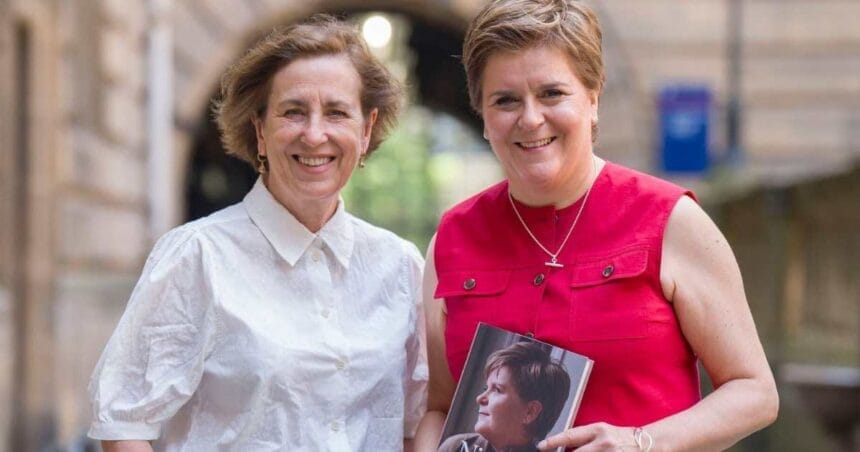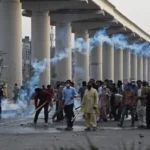The world-renowned Edinburgh festivals, celebrated as a global stage for arts, culture, and debate, are now facing scrutiny over how they handle free speech. As cultural events increasingly intersect with political and social tensions, critics and supporters are questioning whether these festivals are doing enough to safeguard freedom of expression without compromising inclusivity.
A Platform for Creativity and Debate
Edinburgh’s festivals, including the International Festival and the Fringe, have long been seen as spaces where diverse voices can be heard. From experimental theatre to controversial comedy, they have historically encouraged artists to push boundaries. Supporters argue that this openness has been key to Edinburgh’s reputation as the world’s leading cultural gathering.
Rising Tensions Around Expression
In recent years, however, debates about censorship, “cancel culture,” and audience sensitivities have intensified. Performances touching on sensitive political, religious, or social issues have sometimes sparked protests or calls for boycotts. Festival organizers face the delicate task of balancing free artistic expression with community standards and public pressure.
Organizers’ Response
Festival officials insist they remain committed to protecting artistic freedom. They highlight policies designed to ensure artists feel empowered to perform while also providing mechanisms for audiences to voice concerns. Yet, some artists claim these measures are insufficient, citing examples where controversial shows faced restrictions or were quietly discouraged.
The Broader Debate
The discussion reflects a wider global struggle over free speech in the arts. Questions arise over who decides the limits of acceptable expression, and whether festivals risk losing their identity as open platforms if they lean too heavily toward avoiding controversy. Cultural critics argue that festivals must preserve their role as arenas for debate, even when performances provoke discomfort.
Voices From Both Sides
Artists defending free expression warn that over-regulation could stifle creativity and dilute the unique character of Edinburgh’s festivals. Others counter that inclusivity and respect for marginalized communities must take precedence, emphasizing that art should not cause harm or perpetuate stereotypes.
Looking Ahead
As the 2025 festival season approaches, the question of free speech is likely to remain central. Organizers are under pressure to demonstrate that Edinburgh can continue to be both a space for unfiltered artistic experimentation and a welcoming environment for global audiences. The answer may define the festivals’ future identity and their place on the international stage.










